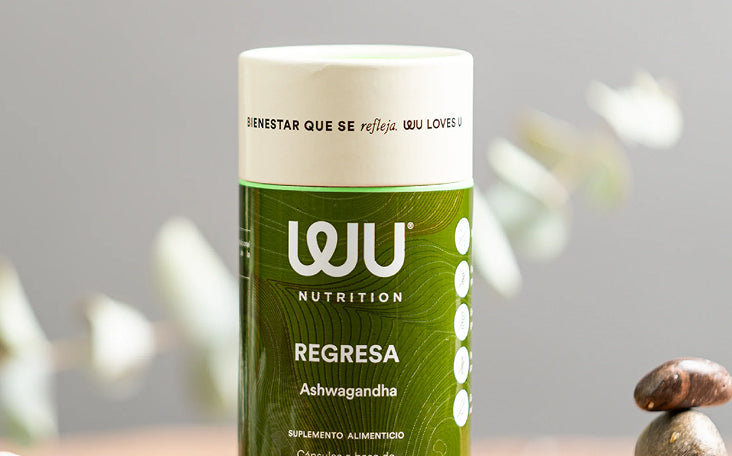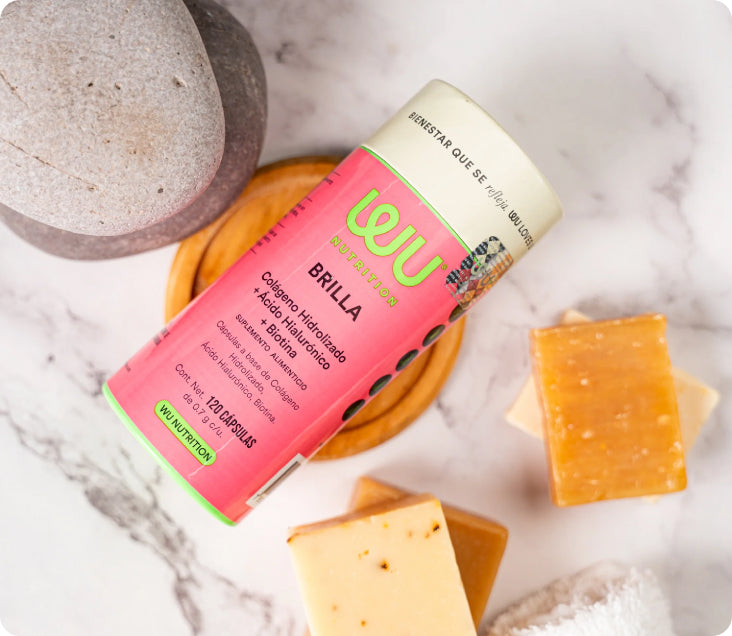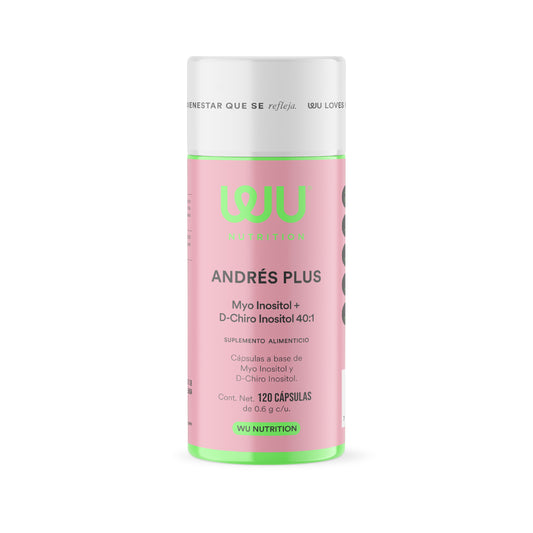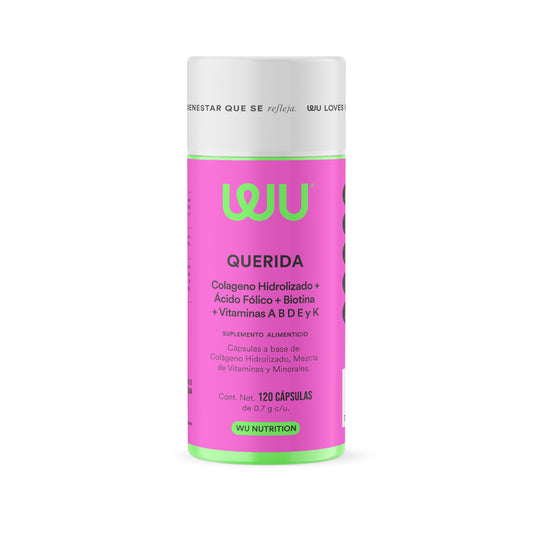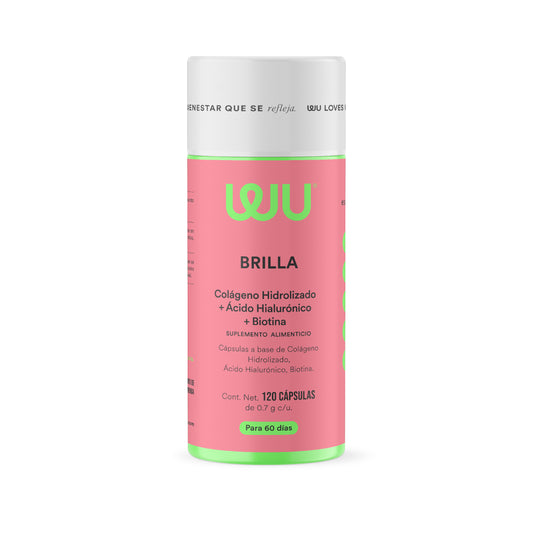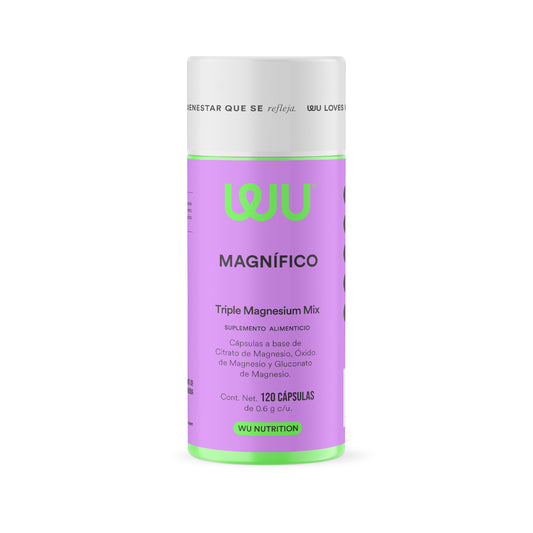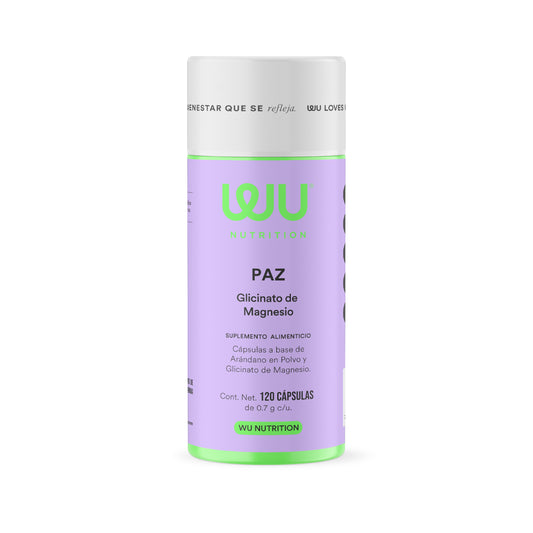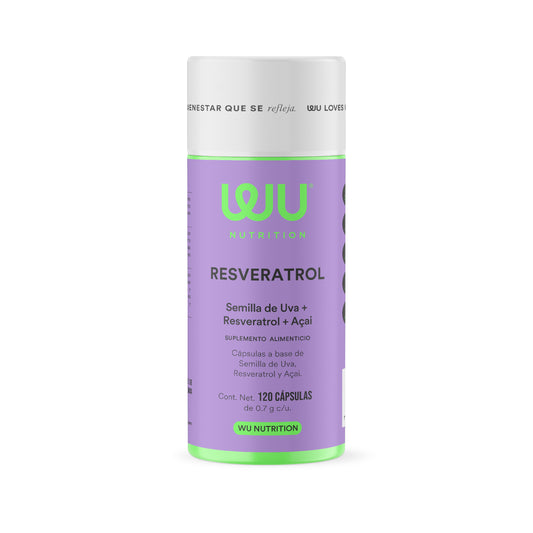Vitamin B7, also known as biotin , is a B complex vitamin that helps your body break down food into valuable energy. Although you can maintain a healthy level of biotin by eating meat, eggs, fish, seeds, nuts, and some vegetables, many people choose to consume it in a daily supplement.
As a B vitamin, biotin offers a variety of health benefits. It can help maintain the health of your nervous system, liver, eyes, hair, and skin.
Health benefits
Biotin helps maintain many of your body's major systems. Like other B vitamins, biotin helps your body use enzymes and transport nutrients throughout the body.
Additionally, biotin has been shown in several studies to provide the following health benefits:
1. Diabetes management

Studies show that biotin can help control the symptoms of diabetes. Helps regulate blood sugar levels in some people with diabetes.
Additionally, B vitamins promote healthy brain function, which helps manage the neurological symptoms of diabetes, such as neuropathy (nerve damage or dysfunction).
2. Hair health

Biotin is known for its positive effects on hair. Research shows that biotin improves hair health, including shine, volume, and scalp coverage in women experiencing hair loss.
3. Improved skin and nails

Research also shows that biotin helps improve skin hydration, smoothness, and appearance. Also, some studies show that biotin can strengthen nails and make them grow faster. Biotin is a versatile addition to your beauty routine.
4. Prenatal care

Biotin is also necessary for a healthy pregnancy. Studies show that a lack of biotin, which is quite common among pregnant women, can cause health problems in developing babies.
For this reason, pregnant women should regularly eat biotin-rich foods and also consider taking biotin supplements.
As with any supplement, be sure to consult your doctor before using it.
Health risks
Biotin offers several health benefits and is crucial to the overall functioning of your body. Research suggests that taking biotin supplements carries very little risk, even at high doses.
As a B vitamin, biotin is water soluble (dissolves in water), which means it's nearly impossible to overdose as your body will eliminate any excess through urine. However, it is possible to experience some adverse effects when consuming biotin.
Quantities and doses
The amount of biotin you need daily varies based on your age, gender, and medical condition. It ranges from approximately 5 micrograms for infants to 35 micrograms in pregnant or lactating women.
You can find biotin in a variety of foods, including eggs, fish, meat, seeds, nuts, and vegetables. If you think you are not getting enough biotin through your diet, you can take a daily supplement. Always consult your doctor before using any supplement and be sure to discuss how much to take.
